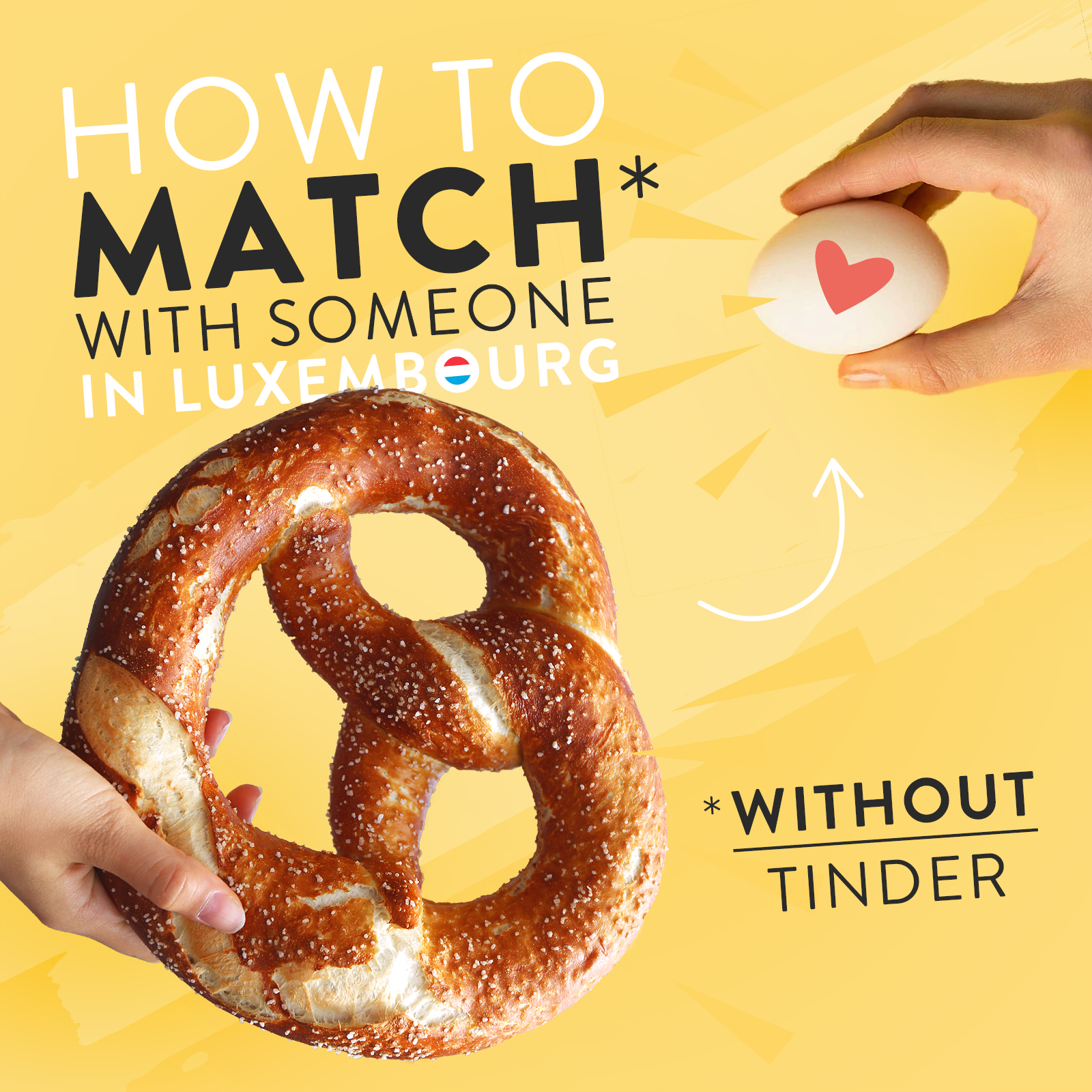Learn in this lesson 10 Must-Know phrases Luxembourgish native speakers use and that you can use in every day life at work, at social gatherings, with your family. They will help you to talk with much more ease and help you as well to understand native speakers.
Watch the video of this lesson so to learn how native speakers pronounce these phrases and to improve as well your listening skills and make sure to download the PDF copy so to have them at hand.
Let’s get started:
1. Wéi ass et? – How is it going?
This is the form used among native speakers and it is a more casual way to say Wéi geet et?
Possible answers are: Gutt / ‘t geet / alt esou / net schlecht
2. Wat gëtt et Neits? – What have you been up to?
This question is used to ask someone What did you do since the last time I saw you? This is another way of asking: An? Wat hues du esou gemaach?
Possible answers:
Majo, ech war / hat ……
⇒ ech hat vill ze dinn. – I had a lot to do.
⇒ech hat vill Aarbecht. – I had a lot of work.
⇒ech si gelplënnert. – I’ve moved.
⇒ech war 4 Wochen an Indien. – I’ve been 4 weeks in India.
⇒meng Kanner ware krank. – My kids were sick.
⇒ net vill / näischt Spezielles! – Not much / nothing special
3. Wéi wier et ….? – How about …?
This is an easy way to make a suggestion to someone
Beispiller:
⇒Wéi wier et mat engem Aperitif? – How about an aperitif?
⇒Wéi wier et mat enger Raclette? How about a raclette?
⇒Wéi wier et mat engem Konversatiounscours? How about a conversation course?
⇒Wéi wier et, wa mir den nächste Weekend grille géifen? – How about having a barbecue next week?
⇒Wéi wier et, wa mir Kichelcher bake géifen? – How about baking cookies?
4. et deet mer leed, dat geet leider net. – Sorry, I can’t unfortunately.
This is a way to refuse politely an invitation. Actually you can say this sentence and you don’t need to add a specific reason. Or in case you have already something planned you could add:
⇒Ech hunn deen Dag / Owend / Weekend schonn eppes vir. – I’ve already something planned that day / evening / weekend.
5. Jo, firwat net? – Yes, sounds good.
This is used to let someone know that his/her idea sounds good. So this is a good way to accept an invitation. Or you can just say: Jo, gär! or Dat héiert sech gutt un.
6. Hues du Loscht ….? – Do you (informal) feel like ….?
This is an easy and friendly way to make an invitation for some kind of activity. Use this phrase plus any activity:
⇒Hues de Loscht bei den Italiener ze goen? – Do you feel like going to the Italian Restaurant?
⇒Hues de Loscht e Kaffi ze drénken? – Do you feel like having a cup of coffee?
⇒Hues de Loscht Lëtzebuergesch mat mir ze léieren? – Do you feel like learning Luxembourgish with me?
In spoken Luxembourgish it sounds like this: Hues de Loscht
7. Wéi kommen ech … + location? – How do I get to … + location?
In the sense of What is the path I should take to arrive at destination? This is a natural way to ask for directions to a specific place:
⇒Wéi kommen ech op d’Gare? – How do I get to the station?
⇒Wéi kommen ech bei dech? – How to I get to your house?
⇒Wéi kommen ech an den Hotel? – How do I get to the hotel?
Here you have to use a preposition before the specific place: op, bei, an etc. But if you wanna simply ask How do I get there? you should say Wéi kommen ech dohin?
8. Vill Spaass! – Have fun!
This is the short form of Ech wënschen dir / Iech vill Spaass – I wish you (informal / formal) a lot of fun.
It is used in the sense of have a good time or simply enjoy for example
⇒Vill Spaass an der Vakanz! – Have a good time on vacation!
⇒Vill Spaass beim Léieren! – Enjoy learning!
⇒Vill Spaass den Owend! – Have a good time this evening!
9. Wëlls du / Wëllt Dir + item? – Do you want + item?
Wëlls du is the form you use when talking to someone you know well or someone younger than you or at an informal social gathering and Wëllt Dir is the formal form to ask someone. Wëllen is a modal verb and it means to want.
You can use any item, singular or plural:
⇒Wëlls du e Kaffi oder en Téi? – Do you want a coffee or a tea?
⇒Wëlls du mat mir an d’Stad goen? – Do you want to go to town with me?
⇒Wëllt Dir Waasser? – Do you want some water?
10. Wéi + verb phrase? – How do I + verb phrase?
⇒Wéi schreiwen ech dat? – How do I write this?
⇒Wéi soll ech onreegelméisseg Verbe léieren? – How shall I learn irregular verbs?
⇒Wéi soll ech dat maachen? – How shall I do this?
⇒Wéi kommen ech dohin? – How do I get there?
After having learned these 10 phrases, why not taking your Luxembourgish to the next level with 10 other must-know phrases – part 2
I hope you liked it and found it useful. And …. why not sharing this lesson with your friends:-)
If you want to learn Luxembourgish from scratch but you don’t have time to attend classes then this online course is for you!




